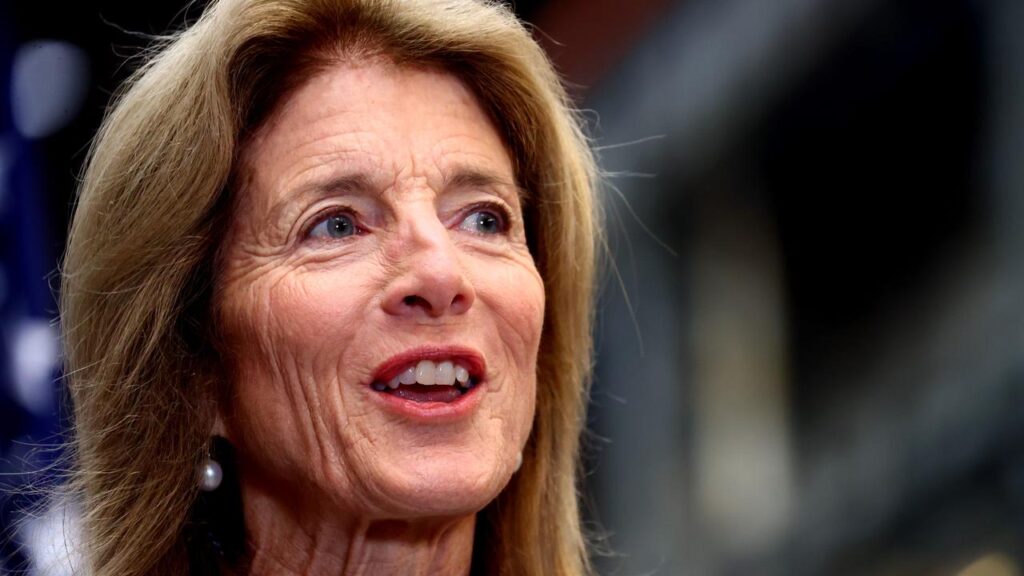Gen Z identified as ‘high risk’ for burnout
Written by admin on May 26, 2024
Millions of Australians are turning to a second job to meet the rising cost-of-living pressures, amid concerns that job swapping has become too risky in the pursuit for a higher wage.
Talent company Randstad has revealed the grim reality Aussies are facing in a new report.
After surveying more than 6000 workers and companies, Generation Z were identified as being “high risk” for burnout, as those born between 1997 and 2012 now juggle multiple jobs or increased working hours in an attempt to improve their financial security.
Mikaela Copland, from Victoria, is among those working multiple jobs to offset cost of living pressures.
The 25-year-old works three jobs in total, two part-time positions within the arts industry and casual shifts through an app called Sidekicker.
Ms Copland said regardless of her ability “so far” to juggle numerous jobs, it is “unlikely” she will be able to maintain working three jobs long term.
“The casual side of the things, maybe I could keep it up, but probably not the other two. I think it’ll be one or the other in the next year or so,” she said.
The hardworking Gen Z mainly splits her time between a music marketing role at Music Victoria and running her own talent management company and influencer marketing agency, Tall Poppy Management.
While Sidekicker does not “guarantee” shifts, Ms Copland said the app was ideal for fitting in casual work alongside her other two less flexible jobs.
“I usually do a shift at Festival Hall through it (Sidekicker), like as a ticket person or an usher whenever it suits me,” she said.
She manages her conflicting work schedule by keeping a “meticulous calendar”. She said it’s also important to be on top of her budget.
“I would say about 70 percent goes towards essentials and then the last 30 per cent, I try and split between, you know, maybe one thing that I would really like,” she said.
Despite annual wages growing 0.5 per cent in the first quarter of 2024, many Australians are still feeling the cost-of-living pinch, with the report revealing one in eight Aussies are actually being compensated for inflation.
Along with one in five, roughly 2.6 million people, now considering taking on a second role to meet their financial responsibiles.
Women and older workers were identified as the “most likely” to fall behind with two in five Aussies not receiving any financial support from their employer over the past two years.
This comes at a time when the large majority of Australians, 88 per cent, are also not being compensated for inflation costs.
In order to meet the rising costs sweeping the nation, Ms Coplan said she tries to save the money she earns from one job and her other job for “living off”.
“I’m a bit concerned about the future, obviously, like rent having no caps and constantly being raised,” she said.
“I am trying to have one job where that’s like my savings and I don’t really touch that, and then the other one that I live off,” Ms Copland said.
The report also found the “highest” concern among those surveyed was “redundancy fears” as switching roles could lead to unemployment.
“Even though they are worse off financially, Aussies are not willing to risk switching roles as last in first out concerns loom large,” the report detailed.
With a strong focus on “prioritising” working for companies who are believe to be “operationally and financially secure”, the report also showcased the winning top ten companies across the nation.
Pip Dexter, Deloitte Australian chief people and purpose officer said the organisation was “proud” to be ranked number one this year and recognised for “financial health and good career progression” among those who were surveyed.
“We know our people come to Deloitte to do meaningful work, grow their skills, learn from others and develop their careers. Our ongoing commitment to inclusion and equity creates an environment where people can thrive,” she said.
Ms Copland said while she has seen some changes to debt repayments, such as HECS debts, she hopes to be able to drop down to one job in the next few years.
“I feel like the recent announcements of that (HECS) is a step in the right direction, but I’m not really sure what it will do in the long term,” she said.
“You know, both rates that are going off now could just keep rising and then we’re in the same situation”.
While Deloitte took out the top spot, up 38 places, from last year’s ranking as “most desirable employers” for 2024, this was followed by IAG Australia, and NSW Department of Communities and Justice.







